Handling every job interview as best as you can is integral to hiring great talent. However, it’s very difficult to gauge a candidate’s skill and viability for your job vacancy based on a single interview. Published data indicates that businesses with comprehensive hiring processes saw a 70% improvement in the quality of talent they recruited. With nearly 50% of job seekers preferring video interviews over physical, it can also be difficult to form an impression of each candidate.
This is especially true if you handle one job interview after another for several hours – candidates can simply start to blend. Here’s how you can avoid missing crucial tells about your candidates during a job interview. Once you find the right candidates with Jobs OneGlobe, you should be on the lookout for these red flags and address them during the interview head-on. This will help you shortlist candidates and keep the best ones around to hire them full-time once your hiring period is closed.
What is a Red Flag and Why Does it Matter?
Let’s discuss the term “red flag” to get a better understanding of how it relates to job interviews. According to Merriam-Webster dictionary, a red flag is “something that indicates or draws attention to a problem, danger, or irregularity”, or “a warning signal”. For example, if a candidate is twitchy and unkempt, this can be a red flag indicating substance or alcohol use, which can severely impact their performance in your company.
Online data suggests that only about 2% of job candidates are ever fully viable for a job interview based on their CVs and the first impressions they make. In the UK, the average job interview process can take up to 27 days from the moment a candidate is considered viable for a job opening. While you cannot be sure about a candidate’s performance and role in your company until you hire them, you can still take some precautions. The following red flags should be in your mind when you interview candidates so that you can make a more informed, objective hiring decision.
1. Late to Respond and Show Up for the Interview
Assume that you’ve decided to hire a specific candidate based on their CV. Their credentials, background, and experience all look great and you’d like to interview them. Great! But, you can never know how your potential candidate will act once you’ve contacted them. Try to set up an interview at a time which is convenient for both sides. Make sure that you know where your candidate is currently so that no time-zone issues intervene.
For example, if you’re hiring candidates for UK jobs, you’ll want to arrange interviews in different intervals based on whether they’re in the UK, the UK, Asia, etc. If a candidate is late for your job interview, that’s a red flag you should keep in mind. Ask them openly about why they’re late and why they haven’t reached out to you about rescheduling the interview. Candidates who are late for interviews tend to be chronically late to work as well, which is a big problem for you as an employer.
2. Non-Existent Online or Social Media Presence
While it’s not out of the ordinary for people to be online ghosts, it’s still worth keeping in mind. Candidates who don’t have social media links in their CVs either don’t have any social profiles or want to hide something from you. Vetting candidates through social media isn’t illegal or immoral – social media profiles are publicly available online. Based on the latest reports, 35% of employers increased their social recruiting efforts during 2021, with 82% using job listing platforms like Jobs OneGlobe to make contact with talented job candidates.
Take the time to explore your candidates’ social media presence before the interview to come up with some questions. How come they don’t use social media at all? Do they treat their social media profiles as casual spaces to share funny content, or for professional networking and exposure? No social media presence whatsoever doesn’t have to be a red flag in itself but is still worth mentioning during the job interview.
3. Comparisons to Other Available Job Listings and Offers
Every job interview is inherently a negotiation. As an employer, you’ll want to be as clear as possible about the job vacancy, candidate requirements, salary, and employment benefits. It’s always a good idea to leave no stone unturned during the initial job interview to eliminate unviable candidates effectively. Candidates that refer to other job listings in companies similar to your own and do so to bully or blackmail you into giving them a raise are a no-no.
This is a major red flag that should tell you everything you need to know about that candidate. No candidate should ever approach an interview with the intent to state that company B is offering a better salary, so you should do it too, and now. Exceptions apply, of course. Some candidates may be parents and want a slightly higher salary to start with and will state so politely. In many ways, it’s good when such candidates appear during job interviews. Use your best judgment when tackling these candidates during a job interview and weigh the pros and cons of hiring them carefully.
4. Short Stay in Each Previous Employment
You must be mindful of what kind of information a candidate has included in their CV. Sometimes, a CV just may be too good to be true. Don’t assume that all candidates will be completely open and truthful about their past experiences and skillsets. Instead, be a bit more critical and try to read between the lines.
Why has your candidate only spent 1-3 months in each previous employment? What made them leave every job so quickly? You should ask them these questions during the job interview to clear the proverbial air and make sure that nothing is left unsaid. Your candidate may just have been unlucky in the past and are now prepared to turn a new page in their professional careers. Again, while this may not be a red flag, it can lead to issues for your long-term cooperation.
5. Vague and Dodgy Answers to Interview Questions
Job interviews are two-way streets. They’re intended for both you and your job candidate to gauge one another. You can learn a lot about a job candidate from the job interview by simply asking the right questions. Provided, however, that they choose to respond to them properly. Some job candidates will try to avoid answering questions outright and instead choose to talk you up. They’ll provide you with vague, unclear, and undefined answers or dodge them completely.
This is a big red flag and you should steer the conversation back to the topic at hand – the interview for a job opening. Invite your job candidate to ask you something about the company to break the ice. Ask them, politely and professionally, to answer the questions you’ve presented them with instead of avoiding them. Poor verbal communication during the interview will only lead to further problems if you choose to hire the candidate. Try to find a way out of it for both parties’ benefit – the candidate might simply be too nervous or anxious at the moment.
6. Poor CV Formatting and Proofreading
The way your candidates write their CVs will tell you a lot about their work etiquette and professionalism. Many candidates lack the technical know-how to design their CVs by hand and rely on text editors to create simple CVs. However, job candidates can use platforms like Jobs OneGlobe which have a professional CV builder built into them.
These CVs are designed specifically for employers who want to find out who their candidates are quickly and effectively. If your candidate submits a poor CV with bad formatting and plenty of spelling errors, that’s a red flag. The candidate may handle internal corporate documents, emails, or other business writing with the same care and attention tomorrow. This can cause your business serious issues, so make sure that you talk about the candidate’s CV during the interview if you have some questions.
Make Every Job Interview Count
Every job interview you arrange can potentially lead to a fruitful, long-term relationship with a talented candidate. It can also lead to you hiring an unsuitable candidate who will cause your company to dip in performance and PR image. Keep these red flags in your mind whenever you’re about to interview a new candidate and want to make sure that they’re good for the job.
You can use Jobs OneGlobe to hire candidates based on your job listing, or, by using the CV Visibility package to browse candidate CVs. Either way, you’ll inevitably arrive at job interviews that will truly determine which candidates work and won’t work out for you. Combine these red flags with some great job interview questions and you’ll never run into issues of hiring improper candidates moving forward.




Share
Facebook
Twitter
LinkedIn
Telegram
Tumblr
WhatsApp
VK
Mail